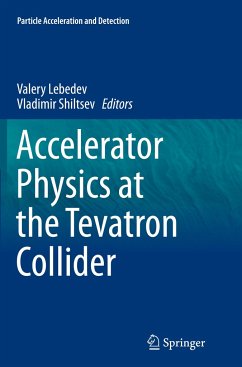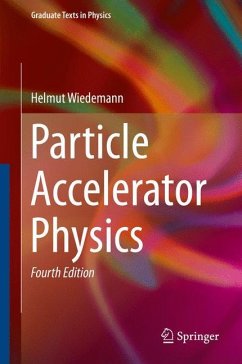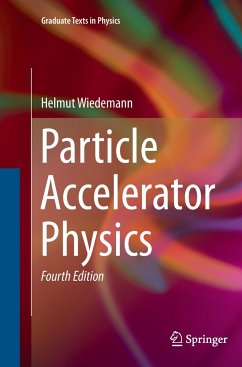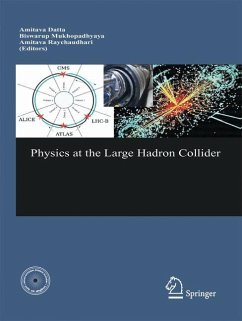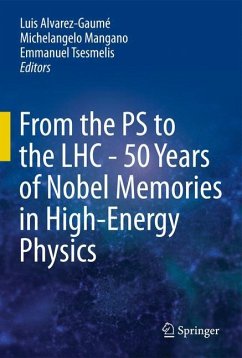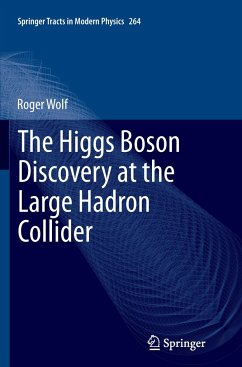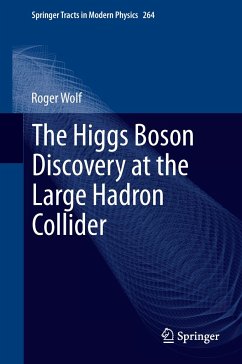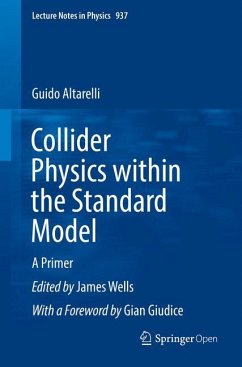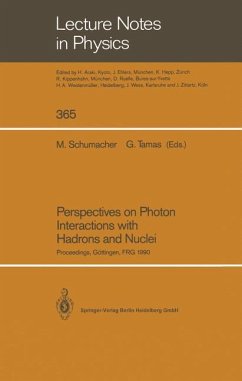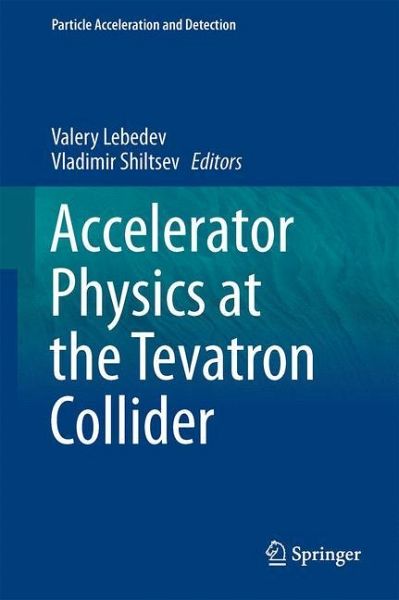
Accelerator Physics at the Tevatron Collider

PAYBACK Punkte
38 °P sammeln!
This book presents the developments in accelerator physics and technology implemented at the Tevatron proton-antiproton collider, the world's most powerful accelerator for almost twenty years prior to the completion of the Large Hadron Collider.The book covers the history of collider operation and upgrades, novel arrangements of beam optics and methods of orbit control, antiproton production and cooling, beam instabilities and feedback systems, halo collimation, and advanced beam instrumentation. The topics discussed show the complexity and breadth of the issues associated with modern hadron a...
This book presents the developments in accelerator physics and technology implemented at the Tevatron proton-antiproton collider, the world's most powerful accelerator for almost twenty years prior to the completion of the Large Hadron Collider.
The book covers the history of collider operation and upgrades, novel arrangements of beam optics and methods of orbit control, antiproton production and cooling, beam instabilities and feedback systems, halo collimation, and advanced beam instrumentation. The topics discussed show the complexity and breadth of the issues associated with modern hadron accelerators, while providing a systematic approach needed in the design and construction of next generation colliders.
This book is a valuable resource for researchers in high energy physics and can serve as an introduction for students studying the beam physics of colliders.
The book covers the history of collider operation and upgrades, novel arrangements of beam optics and methods of orbit control, antiproton production and cooling, beam instabilities and feedback systems, halo collimation, and advanced beam instrumentation. The topics discussed show the complexity and breadth of the issues associated with modern hadron accelerators, while providing a systematic approach needed in the design and construction of next generation colliders.
This book is a valuable resource for researchers in high energy physics and can serve as an introduction for students studying the beam physics of colliders.




